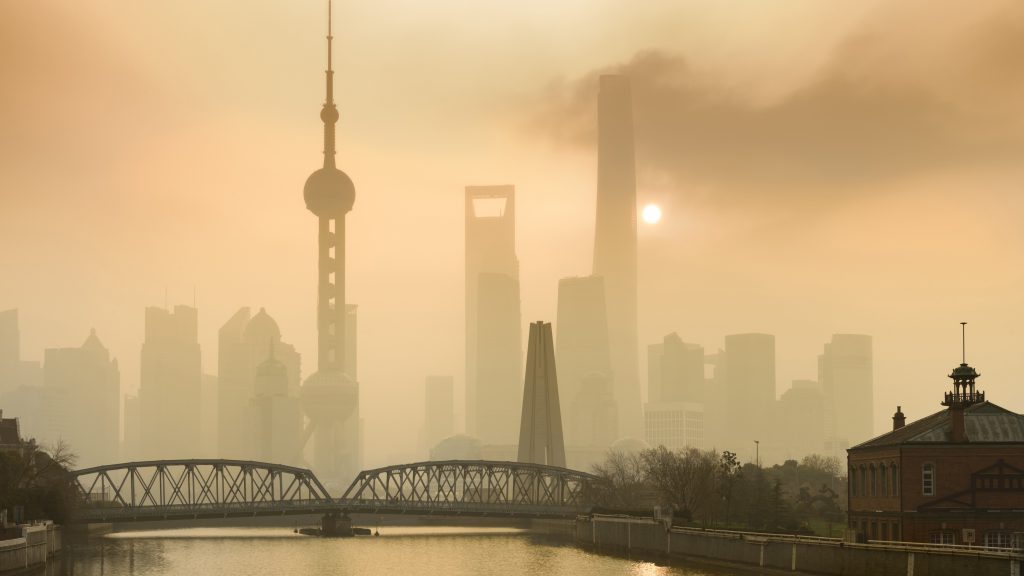China to tighten environmental approval for polluting projects

China plans to strengthen controls in industries such as steel and aluminum which involve high energy use and produce high emissions, in an effort to promote low-carbon developments, the environment ministry said on Monday.
After several decades of breakneck industrial expansion China has now vowed to start cutting carbon emissions before 2030 and become carbon neutral by 2060. In pursuit of that goal it has already urged some regions to tighten energy efficiency controls.
In guidelines sent to local environment regulators, the Ministry of Ecology and Environment (MEE) urged local governments to regard environment quality as a “bottom line” particularly if polluting projects are being expanded or relocated into their localities.
“New and expanded petrochemical, chemical, coking (coal and) nonferrous … projects should be located in the industrial parks in accordance with laws and regulations,” the MEE said.
For oil refining, ethylene, steel, coking, aluminum, and other projects that have high environmental impacts or risks, authorities should not lower approval requirements “in the name of reform pilots”, the guidelines, without giving any further details.
The MEE also encouraged steel mills in key areas to be transformed into electric arc furnaces from long steelmaking processes that use blast furnaces and converters, said the statement.
It asked each provincial environment regulator to coordinate and manage local high energy intensity and high emission projects, reporting findings to the MEE by the end of October and updating every six months.
(By Min Zhang, Muyu Xu and Shivani Singh; Editing by David Holmes)
{{ commodity.name }}
{{ post.title }}
{{ post.date }}




Comments